
Research
Our immune system is at the heart of a vast array of different diseases. The Institute draws together internationally renowned basic and clinical expertise.
By housing creative excellence across scientific and clinical disciplines, we remove traditional boundaries to find solutions for today’s global disease challenges.
We are training future scientific leaders to work across these boundaries and have a powerful cohort of early career fellows, several of whom are holders of Wellcome Trust and Sir Henry Dale Fellowship awards.
Our basic scientists and clinicians are developing an understanding of immunological and inflammatory processes in order to improve clinical treatments for patients.
Major research activities

Barrier immunology
The University has a critical mass of academics researching health and disease at barrier surfaces. Our research covers lung, gastrointestinal, skin, and oral cavity immunology.
Lead: Dr Joanne Konkel
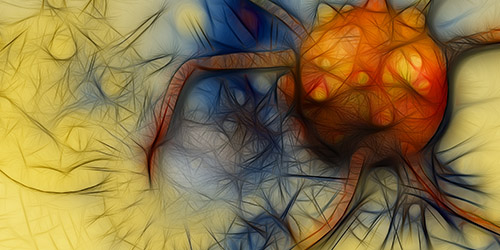
Cancer immunology
Cancer immunology is revolutionising the treatment of cancer. Our basic researchers and medical oncologists are expanding our knowledge of the power of the immune system in fighting disease.
Leads: Professor Robert Bristow, Dr Santiago Zelenay, Dr Anne Armstrong
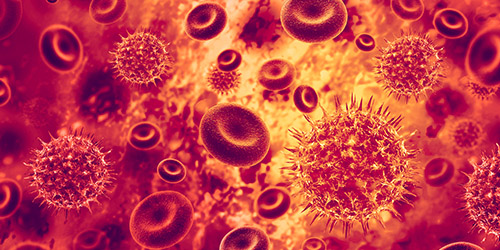
Cardiovascular immunology and multi-morbidities
Inflammation is a recognised feature of obesity-related diseases yet it is relatively unexplored.
Lead: Professor Ashraf Kitmitto
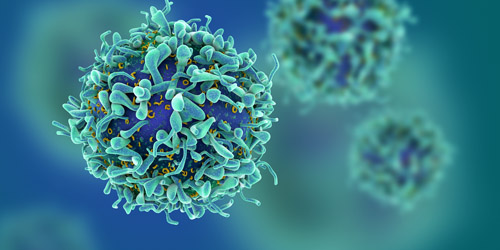
Cellular immunology
Our internationally leading experts are studying the ways different immune cells work together to detect and deal with pathogens including bacteria, viruses, fungi or parasites, and in cancer.
Lead: Dr Gloria López-Castejón

Eco-immunology and context-specific immunology
Understanding the impact of different (and combinations of) variables on how the immune system operates will bring benefits to multiple fields.
Lead: Professor Kathryn Else
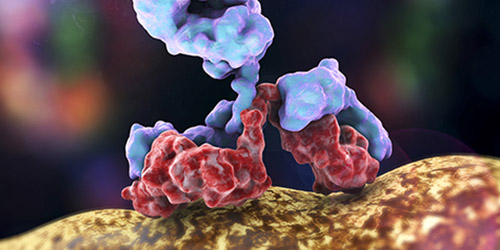
Immune tolerance
We are increasing the understanding of how a breakdown of immune tolerance results in debilitating inflammatory disease, and translating scientific discoveries into the clinic to improve the management of these conditions.
Lead: Dr Matthew Hepworth
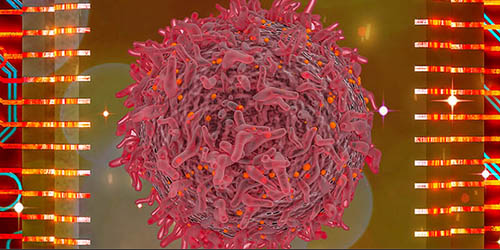
Immuno-informatics
Immuno-informatics research at Manchester builds on our expertise to create frameworks that integrate immunological data from the cell to populations.
Lead: Professor Andy Brass
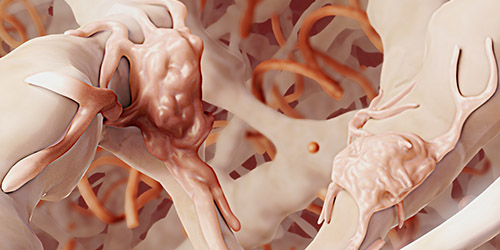
Immuno-matrix
Our research is delivering new insights into the interconnectivity between matrix and immune function, with major implications for treatment of chronic diseases and understanding host–pathogen interactions.
Lead: Professor Judi Allen
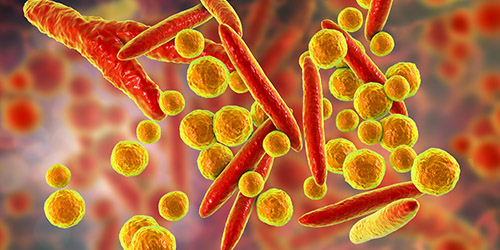
Life course immunology
Half of all paediatric hospital admissions are due to infectious disease. Our academics are working with paediatricians and nurses to unravel childhood immunity and tailor treatments to this age group.
Lead: Dr Peter Arkwright
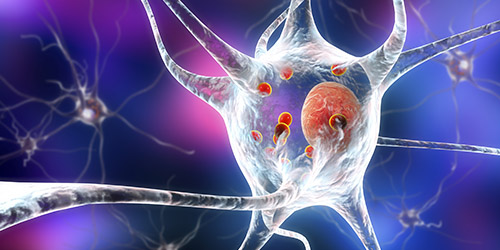
Neuro-immunology
Our strengths in immunology and neurology combine to perform fundamental and applied research into mental health, Alzheimer’s, dementia, epilepsy and, at the Geoffrey Jefferson Brain Research Centre, stroke and brain tumours.
Lead: Professor Kevin Couper

Pathogens, parasites and commensals
Our research unites academic and clinical efforts in a portfolio of world-class infectious diseases research. Our research is responsive to the impacts of local and global infectious disease trends.
Lead: Professor Richard Grencis
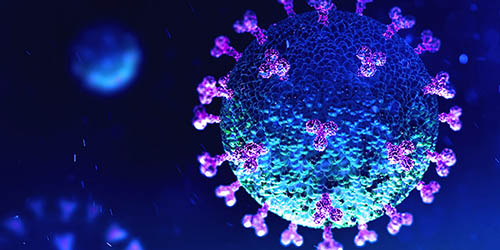
COVID-19 research
Our combined expertise in immunology in the Institute means we’re uniquely placed to understand how COVID-19 behaves and affects individuals.
